Nigeria at 61; Still Crawling …
By allcitynews.ng
The Trade Union Congress of Nigeria (TUC) heartily congratulates all Nigerians on the special occasion of the country’s 61st anniversary. Though the journey has been a torturous one but at the same time we cannot deny that we have recorded some remarkable feats.
The contributions of the Nigerian working class in our developmental struggle cannot be over-emphasized.

For instance, there was the Lagos strike of 1897 which was described as the first “major labour protest of colonial period.” We also had a General Strike in mid-1945 involving over 17 labour unions and an estimated number of 200, 000 workers participated.
The reasons for the above strikes are not different from the reasons we still call out our members today.

It is disheartening that at 61 we are still begging for better welfare, decent work and tools that would enable us (the workers) do our work.
We claim to be an independent country but the imperial masters through the Brettonwood institutions are still dictating our economic policies. The neo-liberal policies of the West have done Nigeria, nay Africa more harm than good. They tell our governments when to hike the price of petroleum products and devalue the naira.
Nigerian workers have been in the struggle for good governance and will not stop until we get it right as a country. We have been accused of running a “parallel government” but we are not deterred. That goes to show how active and resilient the organized labour has become over the years.
This anniversary avails us another opportunity to assess our country –the achievement, successes, goals and aspirations. All the same, we hope that we will learn our lessons and make adjustments where necessary to enable the country achieve her developmental goals and fulfil her manifest destiny.
Nigeria is well blessed with resources enough to make her rank among the first three leading economies in the world. Beyond the resources from the ground, Nigerians have proven to have the innate ability to create wealth. Our resources have not been well managed by the elites; hence the country is categorized today as the poverty capital of the world.
This has become our tale because appointments are predicated on political affiliation, ethnicity and religion.
Before oil was discovered in Oloibiri in Bayelsa state, agriculture was the country’s mainstay: there was palm oil in the east, cocoa in the West and groundnut in the North.
The founding fathers did well infrastructurally with the revenue from these farm produce. Unfortunately, the craze for free oil money and neglect of other sectors of the economy, especially industries like tourism, textile, rubber and leather industries are responsible for the estimated 32.5 per cent unemployment rate and unprecedented insecurity in Nigeria.
It breaks the heart that our once peaceful country has become volatile and uncertain today.
Nigeria is a diverse country with over 250 ethnic groups, 774 Local Government and estimated to have over two hundred million population. Instead of taking advantage of the potential, the politicians stunt the country’s development using ethnicity and religion.
India and China have more population and practice more religions yet they are more organized, peaceful and developed. What was supposed to be an advantage has become a threat to our existence. It is all about leadership.
Today, there is hunger in our land. The prices of food stuff have hit the roof. Farmers cannot go to farm because of the activities of kidnappers, bandits and Boko Haram. In most parts of the North farmers even pay levies to bandits to enable them cultivate and harvest their crops. These extra costs are passed on to the consumers.
Who are these bandits, Boko Haram, IPOB members? These are young people that have been neglected by the system. Some are even the deliberate creations of politicians because they use them as political thugs, ballot snatchers, etc. They arm them to rig elections but never retrieved the arms after elections, which is why there is proliferation of arms in the country.
Oftentimes, the security operatives confess that these bandits have more sophisticated fire power than they do.
At 61, we still do not have functional refineries. There are also issues of oil spillage, gas flaring, dearth of infrastructure. The oil producing states groan daily over government’s indifference to their plight.
The global politics and economics are not helping our national development. The evolving global terms of trade appears to be a gang up against Africa, making it look like a safely distant battleground instead of a destination for investment.
This is the reason some have argued and expressed concerns that the African Continental Free Trade Area (AfCFTA) might further affect Nigeria’s economy since it lacks the basic infrastructure required for industrialization and economic development.
Also, the challenge of manufacturers is further worsened by port congestion in Nigeria. The federal government has refused to develop other ports making it difficult for importers to clear their goods on time. Time has come to fix other ports so importers in the South-south, South-east and the entire North would not need to come to Lagos to clear their goods.
If the refineries and other critical sectors were working at optimum capacity the unemployment rate would have dropped. Government should not be comfortable creating employment elsewhere while the unemployment rate keeps increasing.
In July, 2021, the Minister of Finance, Zainab Ahmed and Group Managing Director of Nigeria National Petroleum Corporation (NNPC), Miri Kyari at different forum revealed that Nigeria spends N150bn monthly on fuel subsidy. We wonder why they still pay for Turn Around Maintenance (TAM). They were just avenues to loot. In China, Singapore and a host of other countries some people will face capital punishment for such crimes but here they are adorned and honoured with awards and traditional titles.
At 61 we still do not have potable water. Everyone is a local government of its own – you build your house, dig your borehole, provide electricity, and sometimes construct roads. The power sector challenge is still there after almost a decade of privatization.
Sadly, the federal government has continued to release money to the new owners. The question now is, why was it privatized in the first place? It is a case of the more you look the less you see.
Statistics show that between July 24, 2020 and September, 2021, about 862 Nigerian doctors were licensed in the UK despite the COVID-19 pandemic. Overall, 8,737 doctors who obtained their degrees in Nigeria currently practice in the UK. A video went viral recently showing hundreds of Nigeran doctors seeking employment in Saudi Arabia.
Currently, the resident doctors are on strike. ASUU is also threatening to down tools. What is now the fate of those who cannot afford to travel abroad for medicare or send their children to study abroad like the politicians? There is no forex for companies to import raw materials but billions of dollars are lost through medical tourism and school fees.
We have recorded some successes in the banking sector following some reforms; but the Central Bank of Nigeria (CBN) and other regulators must do more to end the unreasonable charges and other fraudulent practices in the sector. Manufacturers cannot access forex but Bureau De Change have them. No serious country working to grow its economy does that.
We commend the manufacturing sector operators for their resilience despite poor infrastructural development and the COVID-19 pandemic’s disruption. They have confirmed the saying by the legendary late British Prime Minister Winston Churchill who said “Never waste a good crisis.” For them to remain in business shows they are risk takers. Some have even diversified their business.
Kudos to you all. However, it is imperative that government at all levels also seize the opportunities offered by this crisis to change the narratives and the dynamics of the economy by providing a friendly business environment.
![]()
To be frank, Nigeria entered the crisis quite weak with a fragile Gross Domestic Products (GDP) as the country was emerging from recession but luckily the country has remained afloat. It is a miracle because the industrial sector is currently characterised by low competitiveness, low-capacity utilisation, low skilled manpower base, heavy dependence on imported raw materials and commodity-based processing.
No country is truly independent until it is industrialised and able to produce most of what it consumes. The naira loses its value because Nigeria is a consuming nation. The Federal Government must as a matter of urgency create an enabling environment that would deepen light and heavy manufacturing companies. To actively participate in AfCFTA agreement, government must change the narrative.
Similarly, the Immigration and Customs Services must also up their game – check expatriate quota and influx of foreigners into the country. Most of them are even without the necessary documents. We are sitting on a time bomb.

On our debt profile, we are of the opinion that the loans are enough. The federal government has to stop. Borrowing is not bad per se but it is obvious that it has been abused. Nigeria should not borrow for recurrent expenditure instead of investing in industries and infrastructure.

As it stands, according to an analyst, with the country’s recent debt profile at over N33.00tn every Nigerian (including children) is owing over N160, 000. Government must realise that a borrower is a servant to the lender. Parents bequeath wealth to children and not debt.
The major trouble with Nigeria is that it has not been fortunate to have patriotic and dedicated leaders. Nigerians have not been given the opportunity to truly choose their own leader as seen in the gang up against electronic transmission of election result.

The gap between the haves and the have-nots are daily and deliberately being widened so they can have the people at their whims and caprices.
All agitations and social frustrations across the country are not unconnected to the failure of the elite to take advantage of our national diversities and build a collective national prosperity. However, even at 61, the country can still find its feet if we have the right leaders that are ready to ride on equity, fairness and justice. Leaders must remember this saying by late South African president, Nelson Mandela, that; “The world will not respect Africa until Nigeria earns that respect. The black people of the world need Nigeria to be great as a source of pride and confidence…”
Com. Quadri A. Olaleye, FCIA, MNIM, President; Comrade (Barr.) Musa-Lawal Ozigi, mni, Secretary General

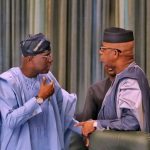



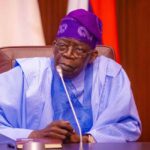
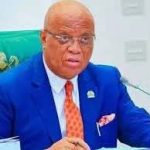
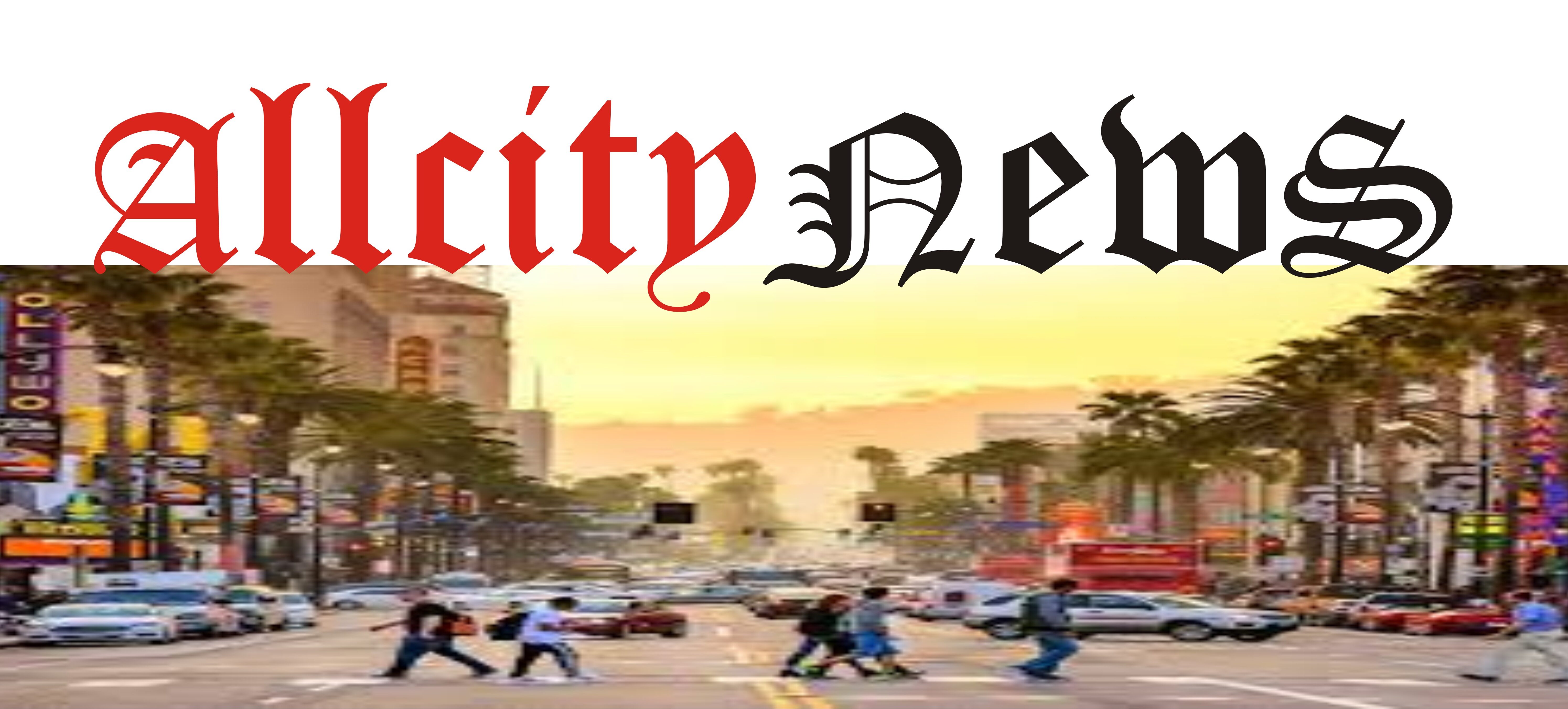
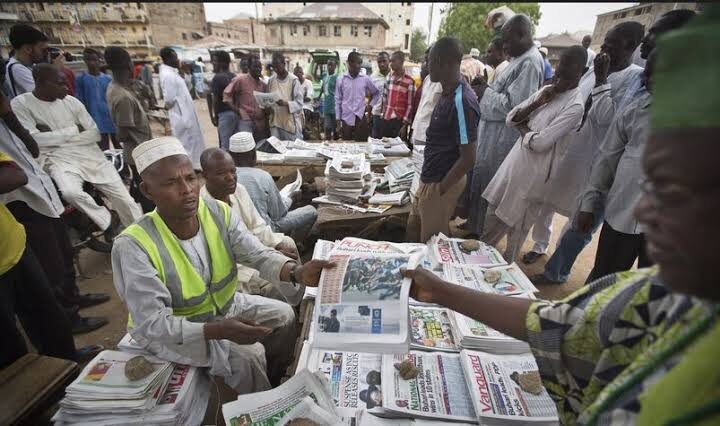
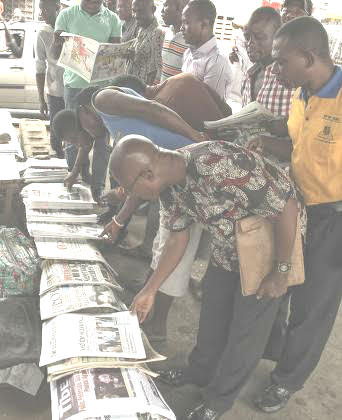

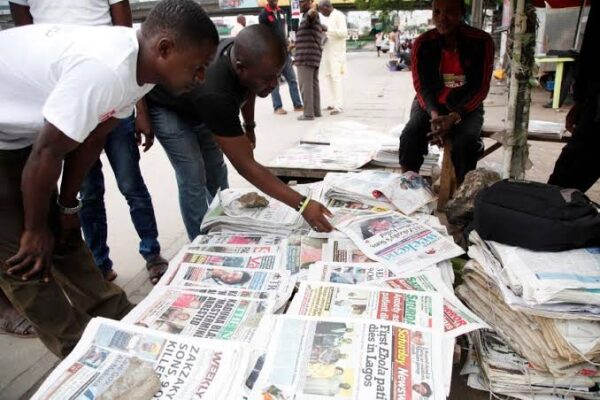
More Stories
Forgive not the APC, pardon not the opposition
Oyo Govt connect water to Ladoke Akintola International Airport, to re-connect Agodi Correctional Centre
APC not hiding place for corrupt politicians, defection to APC won’t stop trial of corrupt governors –FG